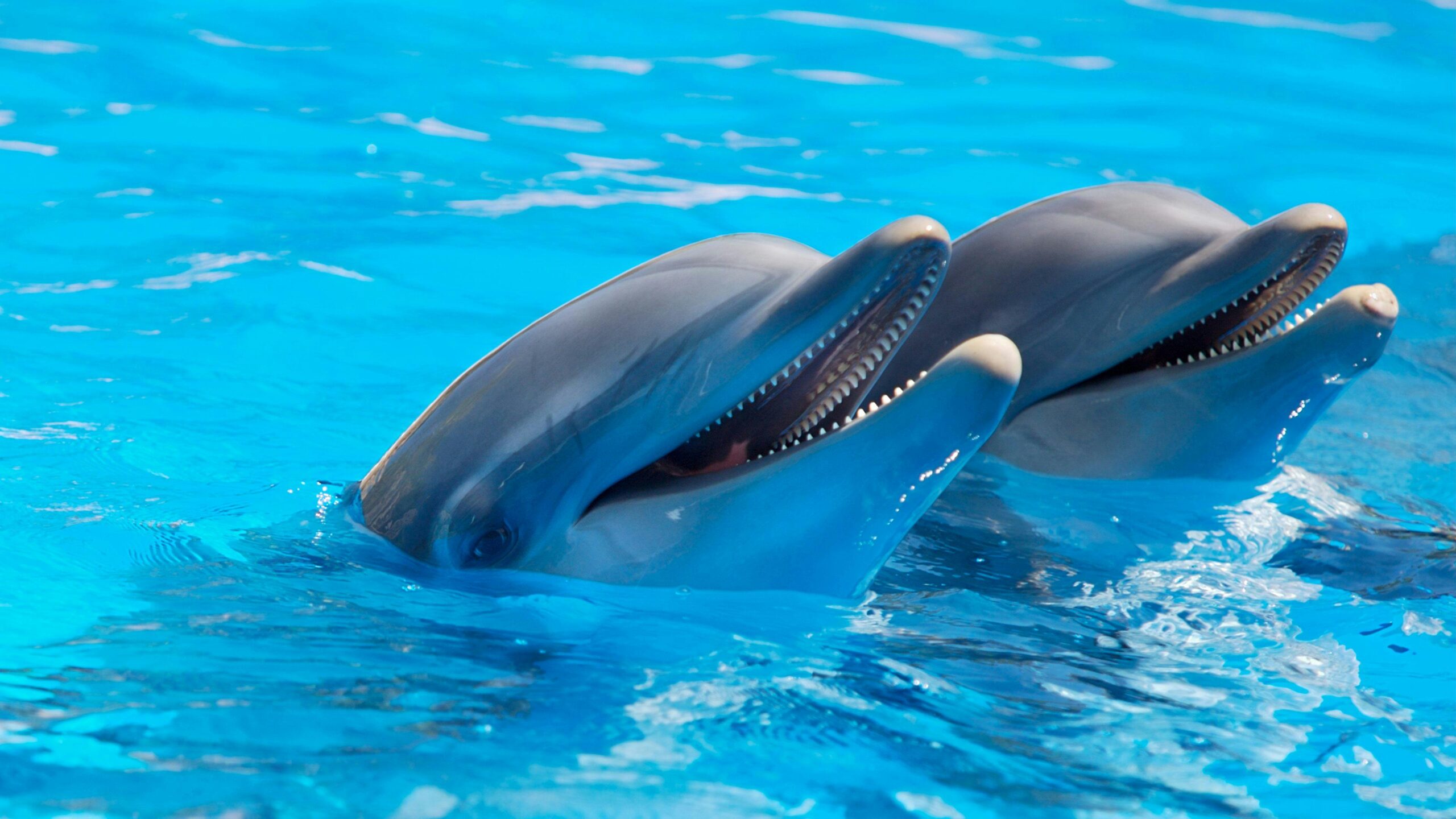Your body’s gut is a bustling city of trillions of microbes—bacteria, viruses, and fungi—all working together to keep you healthy. This tiny ecosystem, known as your gut microbiome, is crucial for digestion, immunity, and overall well-being. A recent study reveals that for spotted dolphins, this inner world is drastically different depending on whether they live in the ocean or a controlled aquarium. Published in the journal Water Biology and Security, the research found that while the number of different microbe species remained similar, the specific types of microbes were completely changed. This points to a captive diet of commercially sourced fish as the key difference, fundamentally reshaping the dolphins’ gut health compared to their wild counterparts’ more varied diet.
How Scientists Studied Dolphin Digestion
To understand these differences, researchers collected samples from 14 spotted dolphins in the waters near Hainan Island, China. The group included seven wild dolphins and seven “human-cared” dolphins from two different aquariums. By using advanced genetic analysis, the scientists could identify and count all the various bacteria living in the dolphins’ digestive systems. What made this study particularly insightful was that all the dolphins lived in similar natural seawater, allowing the researchers to pinpoint the captive diet as the main cause for the microbial differences.
The research made a key discovery: the makeup of the gut microbiome varied significantly between the two groups. Wild dolphins had bacteria like Peptostreptococcus, Morganella, and Hathewaya. On the other hand, the human-cared dolphins had a high presence of different bacteria, including Ureaplasma, Salinivibrio, and Corynebacterium. The presence of potentially harmful bacteria like Ureaplasma in the captive dolphins raises concerns about the long-term effects on their health.
The Unseen Health Impact of Captivity
This study reveals a stark truth: a dolphin’s health isn’t just about the food it eats, but also where it lives. While an aquarium diet provides sufficient nutrients, it lacks the variety that wild dolphins get from hunting different kinds of fish and squid. The researchers found that the gut communities of captive dolphins were altered by this change in diet, which could potentially weaken their immune systems and make them more susceptible to disease. The findings suggest that the well-being of marine mammals in human care requires more than just a clean tank and regular meals; it also demands a deeper understanding of their biological needs to support the complex ecosystems within them.
Paper Summary
Methodology
Researchers collected gut samples from 14 spotted dolphins (seven wild and seven human-cared) in the waters off Hainan Island, China. Using genetic sequencing, they identified and compared the types of bacteria in the dolphins’ digestive systems. All dolphins lived in similar natural seawater, which allowed the study to focus on diet as the main variable.
Results
The study found that while the overall diversity of gut bacteria was similar, the specific microbial composition differed significantly between the two groups. Wild dolphins had bacteria typically found in their natural environment, whereas captive dolphins had a different mix, including some bacteria with pathogenic potential.
Limitations
The study had a small sample size of 14 dolphins. The health status of some deceased dolphins and the use of antibiotics on others were noted as potential factors that could have influenced the results.
Funding and Disclosures
The research was funded by several Chinese research programs. The authors declared no conflicts of interest.
Publication Information
The article, “Similarities and differences in gastrointestinal microbiomes between wild and human-cared spotted dolphins (Stenella attenuata) in natural waters,” was published in the journal Water Biology and Security.
